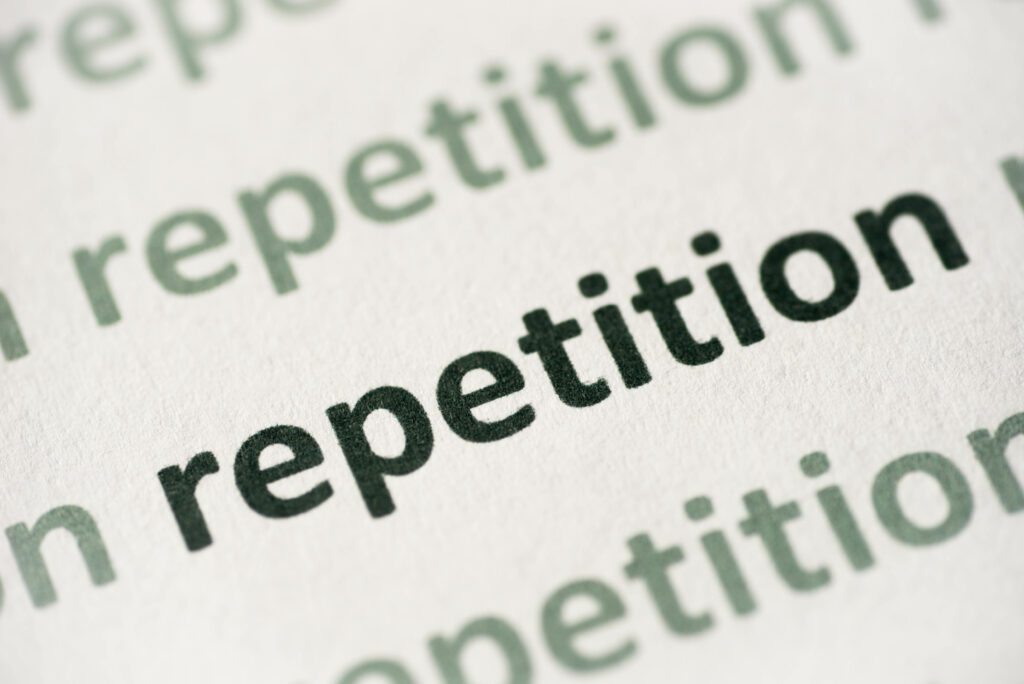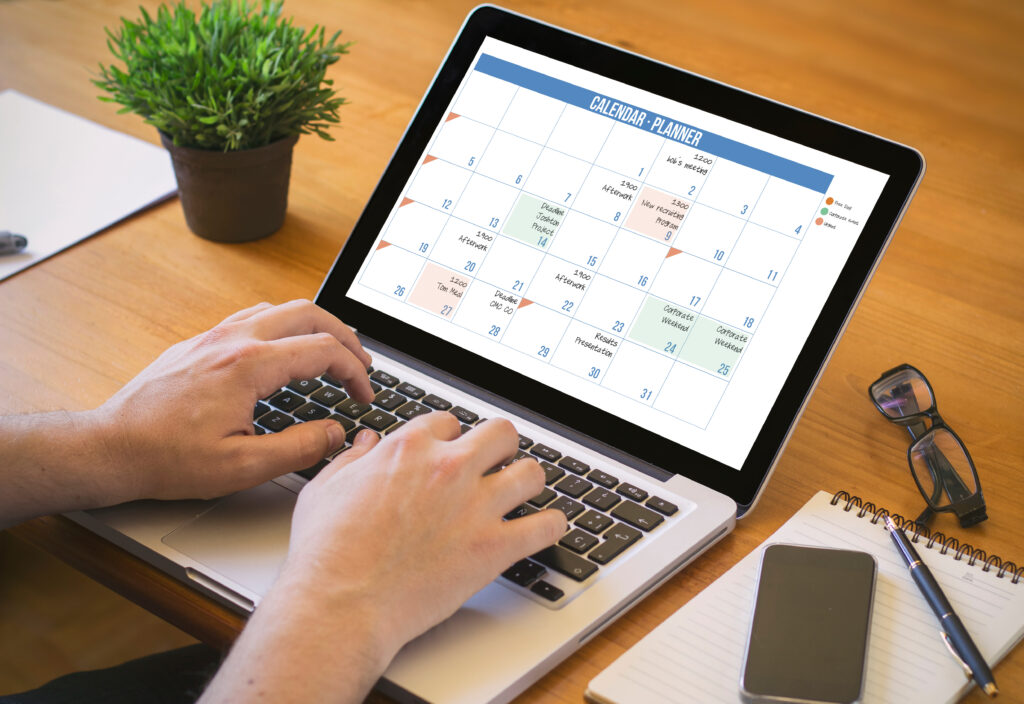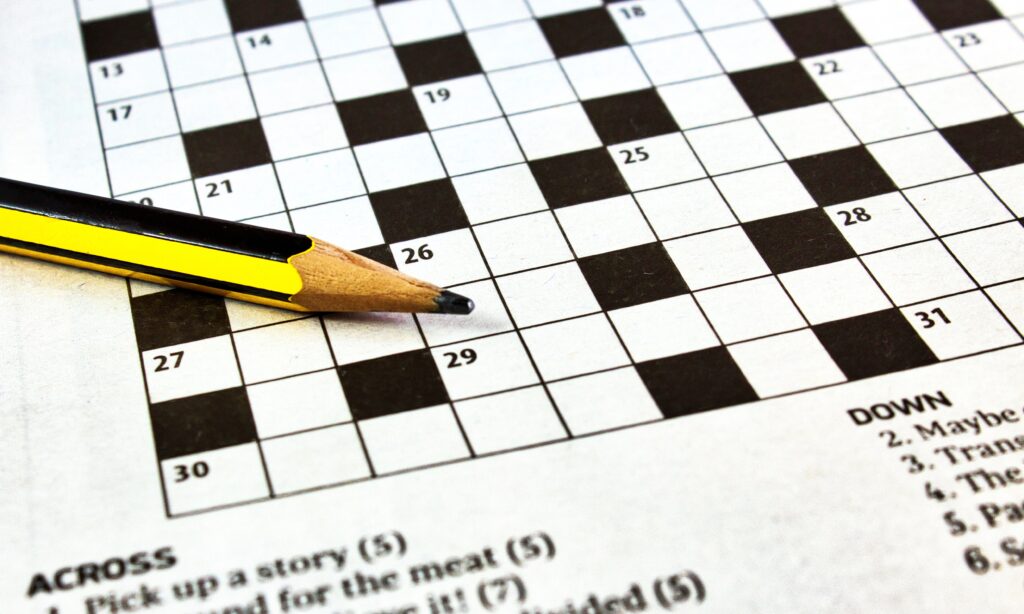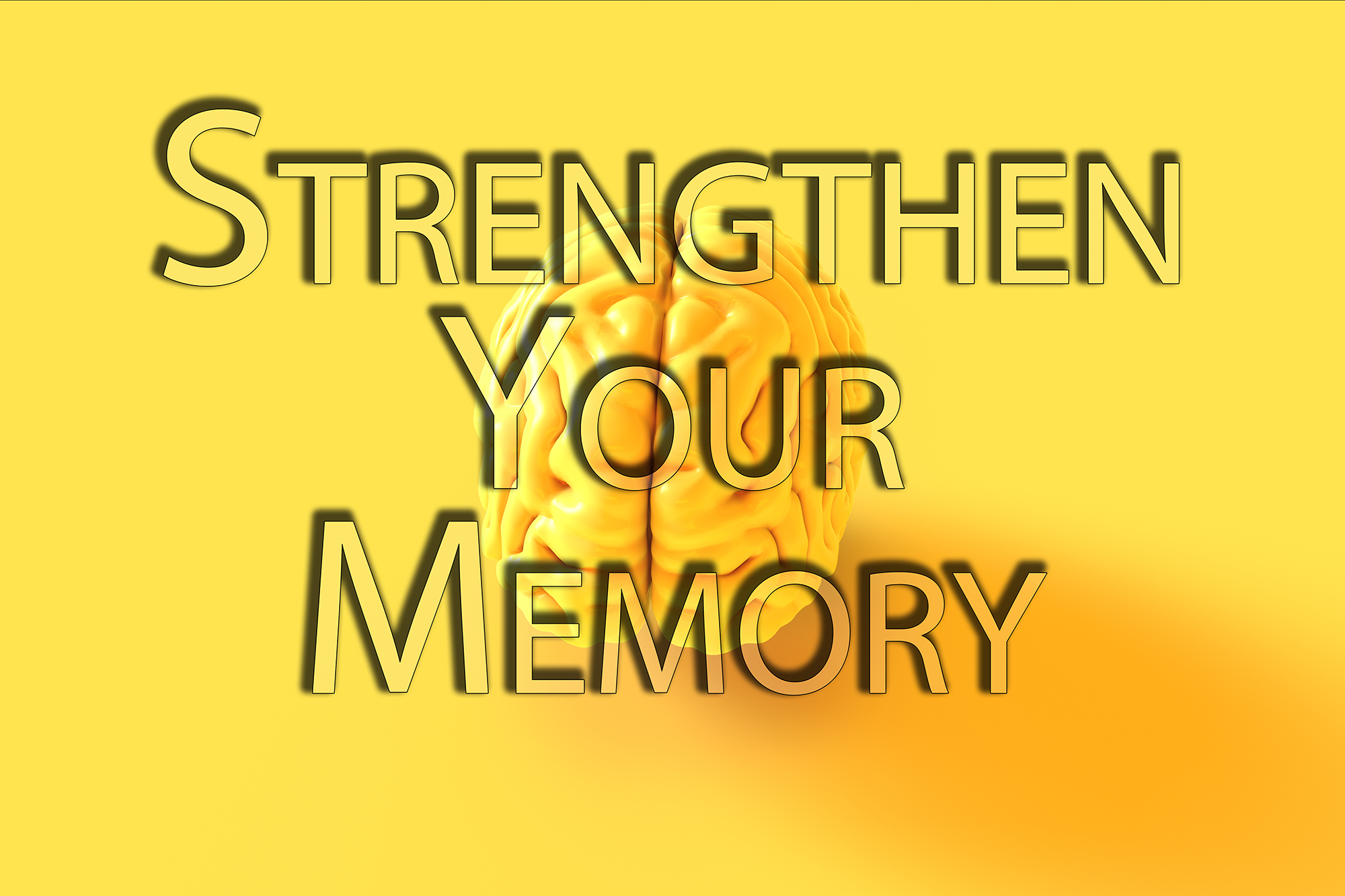Proven Memory Strategies to Strengthen Your Brain
Introduction
From cherished childhood moments to the joy of mastering a new skill, memories define who we are and how we connect with the world around us. As we age, the fear of losing these precious memories can cast a shadow on our lives.
But fear not! Recent research suggests that practicing memory and cognitive exercises can play a vital role in maintaining brain health and potentially staving off cognitive decline. In this blog post, we will explore various memory strengthening strategies and share resources for further training your brain.
Harnessing the Power of Memory Strategies

Recent studies have shown that using memory and cognitive exercises on a regular basis can help your overall health, and even slow down cognitive decline in older adults1. While exercises have not definitively been shown to prevent dementia, they are like a workout for the brain, helping to keep it in top shape2.
How often you need to do brain exercises to keep your brain strong and healthy can be different for each person. However, studies show that consistency and patience are necessary. You can either see improvements to your memory right away or in a couple of weeks or months3.
What are Memory Strategies?
Memory strategies are the secret tricks that can improve your memory and recall abilities.

There are two main types of memory strategies: internal and external. Internal strategies involve using mental tricks, while external strategies involve physical memory tools or aids in your environment4.
It’s important to note that memory strategies are not one-size-fits-all solutions. Everyone’s mind works differently, and what works well for one person might not be as effective for another. Moreover, combining internal and external strategies often yields better results compared to relying solely on one approach.
Internal Memory Strategies
Internal memory strategies are like mental workouts that can bolster your memory’s muscle. Some powerful internal strategies include:
Rehearsal: Repeating or chanting information to yourself to help you remember it.

For example, chanting your grocery list in your head as you walk through the store.
Elaboration: Creating connections between new information and your existing knowledge.
For example, let’s say you’re memorizing a new recipe. Connect it to your other cooking experiences by thinking, “This dish reminds me of the time I made that delicious stew last winter.”
Visual Imagery: Crafting mental images aids in remembering information by associating it with vivid visuals.

For example, when you’re having trouble remembering names, pair people with images. You can imagine a flower for “Daisy”, a microphone for “Mike”, and so on.
Chunking: Breaking down complex information into manageable chunks facilitates easier recall.
For example, if you’re organizing a list of errands, like grocery shopping, doctor’s appointments, and library visit, group them by purpose. Think of errands related to health, leisure, and chores.
Mnemonics: Using acronyms or word game visualization can provide an easier way of recalling information.

For example, children are taught “ROY G. BIV” to remember the colors of the rainbow (Red, Orange, Yellow, Green, Blue, Indigo, Violet). Or how in science class we were taught King Philip Came Over For Ginger Snaps as a way of remembering the first letters for Kingdom, Phylum, Class, Order, Family, Genus, Species.
Organization: Trying to remember large groups of information into categories can help with recall.
For example, if you’re trying to recall your favorite classic movies, categorize them by genres such as romance, adventure, or comedy for easier memory retrieval.
Contextual Cues: Linking information to specific contexts boosts recall.
If you are trying to remember what you had for dinner yesterday, try to remember everything you did before and after dinner.
Spaced Repetition: Reviewing information at intervals over time solidifies memory retention.

For example, if you are learning a new hobby, practice a technique today. Then review it again next week, and once more the following month. This gradual approach can enhance your skills over time.
External Strategies: Enlisting the Help of Memory Aids
External memory strategies involve using tools and aids to support your memory recall. Here are some external strategies you can use in your daily routines:
Calendars:

Keeping track of appointments and events using a calendar can help you manage your schedule and never miss an appointment again. Some people are used to using physical calendars but consider using digital ones to send you automatic reminders and help move events and appointments around easier. Remember to turn on notifications!
Notebooks & Binders:
Writing down and saving important information in a dedicated notebook or binder can aid in recall and help you never lose an important document again. Depending on how organized you are, it might be best to have different notebooks for different things like doctor visits, financial documents, house documents, warranties, and more.
Timers and Alarms:

Use timers and alarms to alert you to remember your daily schedule, such as when to take medications, walk the dog, or go to an appointment.
Sticky Notes:
Placing visible reminders in strategic locations prompts memory recall. Note that after some time, you might stop noticing the sticky note out of habit of seeing it every day. So, try to set reminders to change the color of the sticky note. Or slightly alter the message to help keep it fresh.
Environmental Cues:

Arrange your environment to support memory recall. Always place important items like wallet, keys, and glasses in a central place. A common place is as a large bowl near your front door. Place calendars and sticky notes in strategic places in your home where you’re guaranteed to see them every day.
Routines:
Try as best as you can to maintain a predictable routine. Group similar activities together to help you remember to do certain tasks. For example, you can form new habits by connecting them with habits you already have in the same environment. Like taking medications before brushing your teeth every morning. Or taking out the trash when you go to walk the dog.
Memory Aids:

Don’t hesitate to use other tools for more specific items and tasks. And there are options for people with varying skill levels when it comes to technology. Pill organizers can help you be consistent with your medications and always take them on time. GPS devices can store addresses for the places you go to the most and help you get there safely and quickly. Some people organize their entire lives with various excel spreadsheets. Use whatever works for you.
In addition to these memory strategies, nurturing your overall health can significantly impact your memory. We can prioritize adequate sleep, a balanced diet, regular exercise, and stress management to support their memory5. Also, regular check-ups with healthcare professionals can help manage any health conditions that might affect cognitive function.
Additional Resources for Memory Mastery
For those eager to dive deeper into memory improvement and strategies, there’s a wealth of resources available.
Brain Training Apps
These apps offer engaging puzzles, memory games, and mental exercises designed to sharpen your mind with a stimulating brain workout.

- Luminosity: The app includes over 40 activities and challenges for memory, speed, logic, problem-solving, math, language, and more. Lumosity’s cognitive training program is a fun, interactive way to train your brain and learn about how your mind works.
- Elevate: Elevate is a brain training program designed to improve your mind’s focus, memory, speaking abilities, processing speed, math skills, and more. The app provides a personalized training program that adjusts over time to maximize results. Elevate’s games are designed in collaboration with experts in neuroscience and cognitive learning, and they are based on extensive scientific research. The app offers short, enjoyable mini-games that include activities like recalling key elements from conversations and answering true-false questions as quickly as possible.
- Peak Brain Training: Peak Brain Training focuses on specific cognitive skills such as memory, mental agility, problem-solving, focus, and language. The app offers a variety of games that challenge the brain and improve cognitive function. The app also recently added a Mindfulness category containing guided meditation sessions for focusing breath and attention. Each session ranges from one minute to several minutes long.
Free Online Puzzle Games

Research has shown that older people who consistently play puzzle games had similar memory and concentration levels as young adults (18-30 years old) who do not play puzzle games6.
Conclusion
Memories are what make us who we are, and the thought of losing them as we age can be terrifying. Luckily, research shows that doing memory exercises can actually help keep our brains in good shape. As such, we can maybe even slow down memory loss. By implementing these strategies and combining them with taking care of our health, we can give our memory an extra boost. Remember, what works for one person might not work for another. It’s like finding the best recipe for your own brain.
If you are worried about your memory and cognition, consult with your healthcare provider. They’re the experts who can provide you with personalized advice and guidance.
Memory Screening
If you are located in the Albuquerque area and are interested in a free memory screening, click here to schedule yours.
References
- Gates, N.J., Sachdev, P.S., Fiatarone Singh, M.A. et al. Cognitive and memory training in adults at risk of dementia: A Systematic Review. BMC Geriatr 11, 55 (2011). https://doi.org/10.1186/1471-2318-11-55
- Gatz M. Educating the brain to avoid dementia: can mental exercise prevent Alzheimer disease? PLoS Med. 2005 Jan;2(1):e7. doi: 10.1371/journal.pmed.0020007. PMID: 15696217; PMCID: PMC545200.
- Philipe de Souto Barreto, PhD and others, Exercise Training for Preventing Dementia, Mild Cognitive Impairment, and Clinically Meaningful Cognitive Decline: A Systematic Review and Meta-analysis, The Journals of Gerontology: Series A, Volume 73, Issue 11, November 2018, Pages 1504–1511, https://doi.org/10.1093/gerona/glx234
- Pizzonia KL, Suhr JA. Systematic Review of Correlates of Internal and External Memory Strategy Use in Older Adults. J Appl Gerontol. 2022 May;41(5):1491-1499. doi: 10.1177/07334648211065427. Epub 2022 Feb 11. PMID: 35148654.
- Jia J, Zhao T, Liu Z, Liang Y, Li F, Li Y, Liu W, Li F, Shi S, Zhou C, Yang H, Liao Z, Li Y, Zhao H, Zhang J, Zhang K, Kan M, Yang S, Li H, Liu Z, Ma R, Lv J, Wang Y, Yan X, Liang F, Yuan X, Zhang J, Gauthier S, Cummings J. Association between healthy lifestyle and memory decline in older adults: 10 year, population based, prospective cohort study. BMJ. 2023 Jan 25;380:e072691. doi: 10.1136/bmj-2022-072691. PMID: 36696990; PMCID: PMC9872850.
- Cutting, J., Copeland, B. J., & McNab, F. (2023). Higher working memory capacity and distraction-resistance associated with strategy (not action) game playing in younger adults, but puzzle game playing in older adults. Heliyon, 9(8), e19098. https://doi.org/10.1016/j.heliyon.2023.e19098




